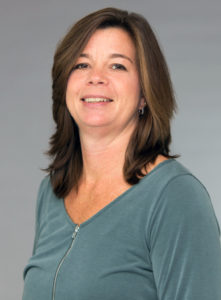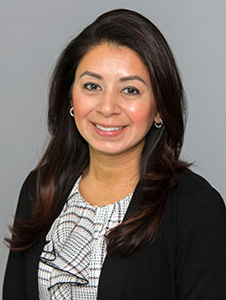Transition readiness for adulthood for an individual with autism can be a daunting task for both the individual and their family. Most parents begin to query their community providers, support groups, and educational teams about the transition process well into an individual’s secondary schooling and discover that the planning must begin now. The transition planning process presents with a wide range of barriers (e.g., financial, cultural, service delivery models, supports, resources, etc.) that were likely unexpected. Families will find themselves diving into navigating through these challenges in order to ensure that their loved one transitions into adulthood successfully and is provided with the supports they will require in order to meet their individual needs. So, when should transition planning begin? What should you expect? Who will support the transition process? What should transition planning include? These are all valid questions and are dependent solely on the individual and their particular needs. We will discuss these briefly and offer information for you to consider when deciding to initiate transition planning.

Aimee Haray, MS, BCBA

Solandy Forte, PhD, LCSW, BCBA-D
A “one size fits all” transition plan for individuals on the autism spectrum does not exist. A plan that was successful for one student with job coaching and independent living targets is likely not going to be appropriate for the next individual. A successful plan will be a plan that is individualized meaning that it identifies the individual’s strengths, needs, and interests. This requires the transition team to begin transition planning early. There is no such thing as starting too early.
Two of the biggest challenges will be identifying team members who will contribute to the planning process and identifying the next steps needed to achieve the best outcome. Educational programs tend to focus on academic performance rather than focusing on teaching individuals the skills they will need in order to effectively plan for their transition into adulthood. It is important for transition teams to evaluate the need for teaching functional skills that will contribute to the individual’s success in a vocational or employment setting, independent living, community participation, and engagement in leisure opportunities, to name a few. By examining functional learning, teams will be more likely to be prepared to answer and ask questions in order to inform an effective transition plan.
It is never too early to start thinking about, talking about and/or considering what it will look like following transition from the educational setting to adult services. Keep in mind that the transition can occur between the age of 18 and 21. Transition planning begins at the age of 16; however, for an individual with autism, transition should be discussed annually with the Individualized Educational Plan (IEP) team. The individual with autism can receive services until he/she graduates or turns 21. There is no guarantee that an individual with autism will receive adult services after they turn 21. Ultimately, the family is responsible for planning, organizing, and financially supporting adult services once the individual reaches adulthood. The resources and funding for adults with special needs is vastly different from what is received during their primary and secondary school age years. Due to the lack of resources and underfunded programs, it is important to identify key skills (e.g., money management, self-advocacy, maintaining good hygiene, social skills, etc.) that are important to the family and the individual as early as possible. Transition for an individual with autism may occur several times during their educational career. It is important that each transition team member understand and be aware of the necessary teaching targets in order to achieve the ultimate goals of the individual and family. There will likely be some shifts within the goals originally established as the student gains skills and that is to be expected.
Who should be a part of the transitions team? Similar to each transition plan varying, it is likely that what makes up a team for one individual may not be the same for the next individual. There are a number of different people that should be considered: current teachers within the school program, family (which may include extended family), related service providers, doctors, social service agencies, and state agencies that may be providing the services following the school program. The transition teams should include any person who will assist the individual in preparing for adulthood.
Every individual has strengths and interests, for an individual with autism, it is imperative that these be identified and capitalized on. Being able to capitalize on an individual’s strengths will aid in the planning on the premise of functional learning. For example, if an individual’s strength is using technology and he or she enjoys numbers then the team should explore potential opportunities to advance his/her skills within this domain by teaching skills that can be used in an employment setting such as data entry, taking inventory, tracking inventory, and completing purchase orders. In order to be successful the team will need to identify the skills needed to achieve proficiency in any given domain. Does the individual know how to navigate a computer? How long can the individual remain on task? If something is not working does the individual have a way to manage this situation? This is just one scenario; however, for each functional learning opportunity similar questions need to be raised and answered.
We cannot emphasize enough that it is never too early to begin the discussion about transition to adulthood. The discussions should lead to further gathering information (typically through assessment) about the individual’s current needs and the development of a comprehensive transition plan. It is expected that the transition team will support the implementation of the transition plan as well as map out a reasonable timeline for each phase or target to be met. Remember the goal of the transition team is to prepare the individual for a successful transition to adulthood, which means teaching the skills necessary to promote their readiness for transition.
Solandy Forte, Ph.D., LCSW, BCBA-D, is Director of Consultation and Community Outreach, and Aimee Haray, MS, BCBA, is Clinical Director at Milestones Behavioral Services. For more information, please visit our website at www.mbs-inc.org or contact us directly at (203) 799-4110.



